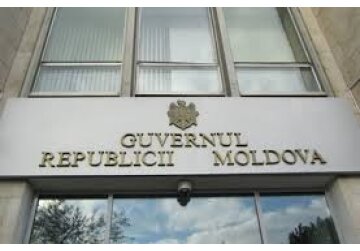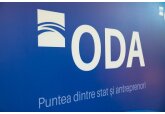
The government predicts a budget deficit of 6% of GDP for 2023 to ensure a sustainable recovery of the Moldovan economy.
This is stated in a letter sent by the leadership of the government and the National Bank of Moldova to the Managing Director of the International Monetary Fund Kristalina Georgieva along with an updated version of the memorandum of Moldova with the IMF. As noted, the fiscal policy priorities for 2023 will be structural changes to improve the effectiveness of social assistance programs and the potential of public services, as well as attracting external grants to cover financing needs. In particular, the authorities plan to increase pensions based on the current inflation indexation formula and implement the Silver Fund program, which provides for increased payments for a small group of long-lived pensioners; expand the social assistance program by revising average benefit levels, increasing the number of eligible beneficiaries, or using alternative methods to identify those most in need. In addition, the Cabinet will continue to gradually increase salaries in the public sector in order to mitigate the erosion of purchasing power, as well as attract and retain qualified personnel; and will continue to implement the energy poverty reduction program by supporting the most vulnerable segments of the population. It is emphasized that if some of the predicted shocks materialize and if additional assistance is needed for vulnerable populations, the authorities will reprioritize budget spending and cut capital spending to cover priority funding needs. So far, they are aiming for a budget deficit of 6% of GDP in 2023 to ensure a sustainable economic recovery. “However, the risks to the base case are exceptionally high and have persistent negative impacts, and the spending package, combined with our financial position, could limit our ability to respond to emerging fiscal financing needs, including an extension of the energy poverty alleviation program for four months of the cold season. In this context, and taking into account maintaining an adequate level of budgetary reserves, as well as reducing dependence on short-term domestic financing, we will explore the possibility of obtaining additional external financial assistance in the amount of at least 2.5-3.5 billion lei (0.8-1.2% GDP) in the form of grants and concessional loans. If additional risks materialize, we will discuss with the IMF experts the appropriate use of these reserves in the context of future evaluations of the program,” says the letter sent by the leadership of the government and the National Bank of Moldova to the IMF Managing Director Kristalina Georgieva.// 05.10.2022 — InfoMarket







